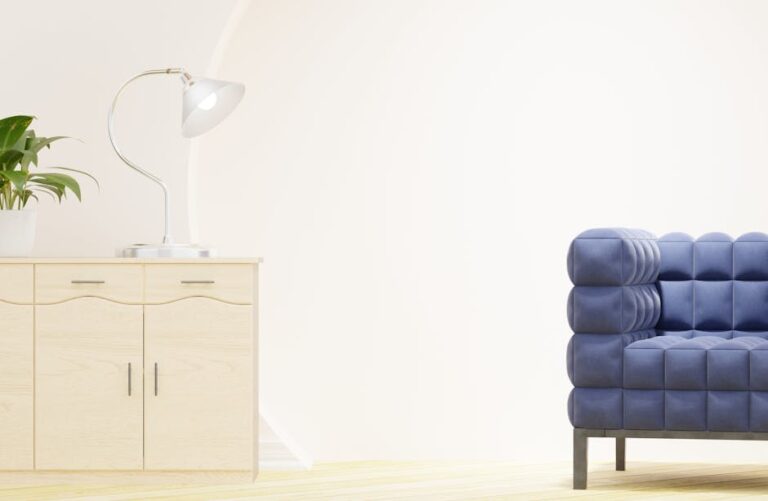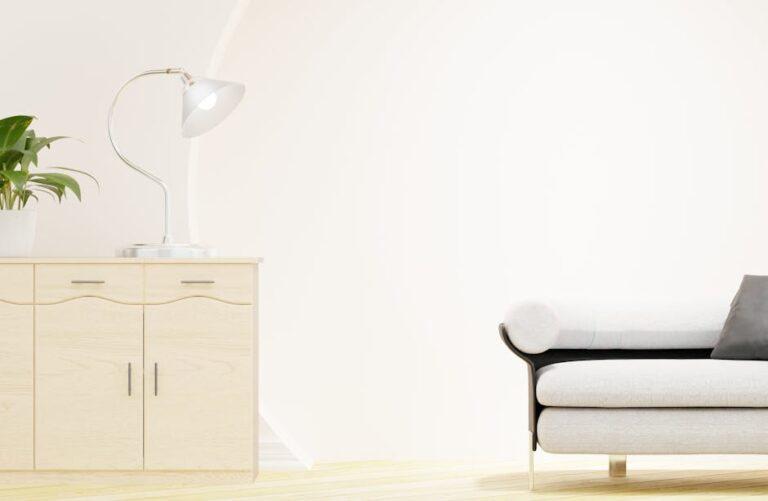
The Transformative Power of Minimalism: Clearing the Clutter for Mental Clarity
Minimalism, often perceived as simply owning less, is a powerful lifestyle philosophy that can significantly enhance mental clarity. By consciously reducing the accumulation of material possessions and focusing on experiences and meaningful relationships, individuals can unlock a profound sense of calm, focus, and well-being. This article explores the myriad benefits of minimalism, delving into its impact on stress reduction, improved focus, enhanced decision-making, and overall mental health.
Reduced Stress and Anxiety Through Decluttering:
Clutter, both physical and digital, constantly bombards our brains with stimuli, triggering a stress response. A cluttered desk, a overflowing inbox, or a house filled with unused items constantly compete for our attention, leading to feelings of overwhelm and anxiety. Minimalism offers a direct antidote to this by advocating for the intentional elimination of unnecessary items.
The act of decluttering itself can be therapeutic. Sorting through possessions allows us to confront our attachments to material objects, identify what truly holds value, and let go of items that no longer serve us. This process can be incredibly liberating, creating a sense of control and order in our environment. As clutter diminishes, our brains experience a corresponding reduction in sensory overload, leading to decreased stress hormone levels and a greater sense of calm.
Furthermore, a minimalist lifestyle reduces the pressure to constantly acquire more. The fear of missing out (FOMO), often fueled by consumerism and social media, can be a significant source of anxiety. Minimalism encourages us to question our consumption habits, focusing on experiences and intrinsic values rather than external validation through possessions. This shift in perspective can significantly reduce the pressure to keep up with trends, alleviating the stress associated with constant acquisition.
Enhanced Focus and Productivity:
A minimalist environment fosters enhanced focus and productivity by eliminating distractions. When our surroundings are free of clutter, our minds are less likely to wander and are better able to concentrate on the task at hand. A clean desk, a streamlined workspace, and a simplified home environment provide a conducive atmosphere for focused work and creative pursuits.
Moreover, minimalism encourages a mindful approach to consumption. By consciously choosing what we bring into our lives, we become more aware of our needs and desires. This heightened awareness extends beyond material possessions, influencing our use of time and energy. Minimalists are more likely to prioritize tasks, schedule activities deliberately, and avoid distractions that detract from their goals.
Digital minimalism is another crucial aspect of enhancing focus. Excessive use of social media, constant notifications, and an overflowing inbox can be major sources of distraction and cognitive overload. By consciously curating our digital environment, unsubscribing from unnecessary emails, limiting social media exposure, and utilizing productivity tools, we can regain control of our attention and improve our ability to focus on meaningful tasks.
Improved Decision-Making and Reduced Cognitive Overload:
The modern world presents us with an overwhelming number of choices. From what to wear in the morning to which streaming service to subscribe to, we are constantly bombarded with decisions, leading to decision fatigue and cognitive overload. Minimalism simplifies this process by reducing the number of choices we face.
By owning fewer clothes, for example, we simplify our daily routine and eliminate the mental energy spent agonizing over what to wear. Similarly, by decluttering our homes, we reduce the number of options available, making it easier to find what we need and reducing the mental burden of managing excess possessions.
Furthermore, minimalism encourages a more intentional approach to consumption. By carefully considering our purchases, we are less likely to impulse buy items that we don’t need or that don’t align with our values. This mindful approach to consumption reduces the number of unnecessary items entering our lives, further simplifying our decision-making process.
Enhanced Self-Awareness and Identity:
Minimalism is not just about decluttering our homes; it’s also about decluttering our minds. By consciously reflecting on our values, beliefs, and aspirations, we can identify what truly matters to us and align our lives accordingly. This process of self-reflection can lead to a deeper understanding of ourselves and a stronger sense of identity.
When we are not constantly distracted by material possessions or the pursuit of external validation, we have more time and energy to devote to self-exploration. Minimalism encourages us to question our motivations, identify our passions, and pursue experiences that bring us joy and fulfillment. This focus on intrinsic values can lead to a more authentic and meaningful life.
Moreover, minimalism challenges us to confront our attachments to material possessions and the narratives we create around them. By letting go of items that no longer serve us, we can break free from the limiting beliefs and past experiences that hold us back. This process of letting go can be incredibly liberating, allowing us to embrace new possibilities and live more fully in the present moment.
Increased Gratitude and Appreciation:
Minimalism fosters a greater sense of gratitude and appreciation for what we already have. By focusing on quality over quantity, we learn to value the possessions we own and the experiences we cherish. This shift in perspective can lead to increased happiness and contentment.
When we are not constantly striving for more, we are more likely to appreciate the simple things in life. A beautiful sunset, a meaningful conversation, or a shared meal with loved ones become more valuable when we are not preoccupied with material possessions or external achievements.
Furthermore, minimalism encourages us to be more mindful of our consumption habits. By consciously choosing what we bring into our lives, we become more aware of the resources required to produce and maintain our possessions. This heightened awareness can lead to a greater sense of responsibility and a desire to live more sustainably.
Improved Mental Health and Overall Well-being:
The cumulative effect of these benefits contributes significantly to improved mental health and overall well-being. By reducing stress, enhancing focus, simplifying decision-making, fostering self-awareness, and increasing gratitude, minimalism creates a foundation for a more balanced and fulfilling life.
Individuals who embrace minimalism often report feeling more calm, focused, and energized. They experience a greater sense of control over their lives and are better equipped to handle challenges and setbacks. Moreover, minimalism can promote healthier relationships by freeing up time and energy to invest in meaningful connections.
In conclusion, minimalism is not merely a trend; it is a powerful lifestyle philosophy that can transform our relationship with material possessions, enhance our mental clarity, and improve our overall well-being. By consciously decluttering our homes and minds, we can create a more peaceful, focused, and fulfilling life. The journey towards minimalism is a personal one, but the rewards are immeasurable. It’s about intentionally crafting a life that aligns with our values and priorities, leaving space for what truly matters.
